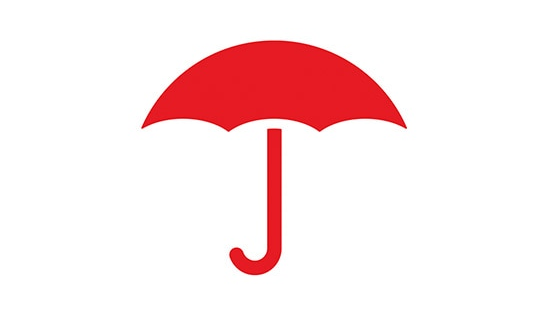Transportation Business Resources

Protecting your cargo and your transportation business is our business. Travelers is dedicated to helping freight brokers, fleet operators and logistics firms reduce preventable losses and costs through our products, vendor alliances and claim processing. We use our transportation experience and science to assist companies with security best practices, proper securement techniques for loading and handling, theft prevention and road safety issues.
Travelers on Freightwaves Podcast
Freightwaves is the leading provider of trucking news, media and analytics for truckers, intermodal and logistic operators. Travelers has recently contributed to the Freightwaves “What the Truck” Podcast series to share insights on topics ranging from choosing the right insurance carrier to commonly overlooked coverages to trends in cargo theft. Give each a listen.
Podcast #52: Claim Best Practices
Join us for an insightful episode with Craig Leinauer, Director of Inland Marine Corporate Claim at Travelers, as he shares expert tips on handling freight claims. Learn the best practices for documentation, liability assessment and damage mitigation to ensure smooth claim resolution. Whether you're a seasoned professional or new to the industry, these insights will help you navigate the complexities of freight claims effectively.
Aired: 2/17/2025
Paid Content
(DESCRIPTION)
Screenshot: Logo and icons across the top: SiriusXM, YouTube, LinkedIn, Facebook, Apple Podcasts, Spotify, TikTok, X. The host in a black T-shirt and a baseball cap sits at a desk covered with items including a pair of shoes that say What the Truck?!?, three toy trucks, a model airplane, a black mask with a black baseball cap above it that says What the Truck?!?, and figurines. The front of the desk has a What the Truck?!? logo. Text on right sidebar below a logo for Spacewaves 2025: Today's Show. Spacewaves is coming, Travelers, Claims best practices, Barging black gold, W T T gear dot com. Below is a QR code at the left, the logo, What the Truck?!? On the bottom of the screen is a crawler to the right of Headlines. Crawler text: looks to develop more data-driven solutions and discount programs for the trucking community. DHL drops SmartLynx Airlines as cargo partner in Europe – DHL Express has ended its contract with SmartLynx Airlines to provide air transport services in its European package network, according to the Riga, Latvia-based carrier. Proficient, in midst of huge upheaval for auto carriers, is cautious in analyst earning call – In timing that couldn't have been more perfect if it had been scripted, auto carrier Proficient Auto Logistics released its fourth quarter earnings Tuesday and then held a conference call with analysts just a day after one of its biggest competitors shut its doors Crawler continues. The host and Craig Leinauer appear in split screen.
(SPEECH)
TIMOTHY DOONER: First guess, it is Travelers Inland Marine Corporate Claim Officer Craig Leinauer. Craig, welcome back.
CRAIG LEINAUER: Hello.
TIMOTHY DOONER: Welcome to America, man.
CRAIG LEINAUER: It's great to be here. Thanks for having me on.
TIMOTHY DOONER: What's happening? What's happening? An awful incident to start the show. But, I mean, look, man, life, insurance, everything so, so precious in life.
CRAIG LEINAUER: I mean, that was sobering to watch that, for sure.
TIMOTHY DOONER: Yeah, it's rough out there. Craig, we're going to talk about something almost everybody who's engaged in the business of transporting freight is bound to experience at some point, and that is claims for cargo damage and cargo loss. Let's talk about it.
CRAIG LEINAUER: Yeah, exactly right. I mean, I hate to say it, but if you haven't experienced this yet, you're certainly going to experience it at some point. And we're talking, of course, here today about claims that you received directly and that you work towards settling independently.
TIMOTHY DOONER: Yeah, well, look, a lot of times, when we think about claims, it's like, hey, I'm filing a claim against somebody because my cargo got damaged. But let's think a little bit differently for a second here. What happens if you find yourself with a claim filed against you from a shipping customer?
CRAIG LEINAUER: Yeah. So right off the bat, what you're going to want to do is be sure to respond promptly to anything, to any notice of a potential claim. And you want to acknowledge the receipt of that claim in writing and document it. Start to document a timeline because time is really of the essence. And I can't stress this enough. The evidence is going to start to spoil, going to go bad. And then costs are going to start to compound.
So you want to be sure that you notify your insurance provider as soon as possible. And then you want to try to figure out who else has cargo insurance that's involved in the incident that might be applicable. And then next, what you're going to want to do is you're going to want to inspect the freight. You want to ensure that the freight is preserved and not disposed, and this is important because it may be needed for further inspection.
And also, you may be contractually obligated to preserve it. So this can get you into some big trouble contractually. And then you want to document the incident, right? You want to request photos, videos, records from all the parties who were involved. For example, closed-circuit TV evidence, right? Closed-circuit TV evidence from cameras is going to record over very quickly. So that data is gone if you don't get it early.
TIMOTHY DOONER: This sounds very critical. This is a lot of your evidence gathering or early evidence, stuff that insurance would want to see, the stuff that if it goes to court, a court would want to see. What can go wrong in this stage?
CRAIG LEINAUER: Well, we just saw an incident where a motor carrier delivered a cargo of food interstate, but the consignee of delivery rejected it because of a broken seal. And following the freight broker's advice, what the motor carrier did is they disposed of the load. But they did this without first creating some evidence of the damaged condition, like taking pictures and that kind of thing, or notifying their cargo insurer. Suffice it to say, the broker then filed a claim for the full-load value. However, without proof of damage, the cargo insurance didn't apply, and the motor carrier is still liable contractually for the full value of the shipment, albeit without insurance contribution.
TIMOTHY DOONER: Wow. You got to have everything in a row. You got to have all the ducks in a row at the very beginning when you get the claim off, and you went on the right foot. But then what's next? So I've done the documentation. I'm doing great on this best-practices checklist. What do I got to do now?
CRAIG LEINAUER: Yeah, you want to gather all the critical documents, get a copy of the bill of lading, delivery receipt, noting any exception to the condition of the freight, a freight invoice, a written claim with details of the damage or loss, any supporting documentation that's out there for the claim value, like invoices or repair estimates. And then, of course, a police report or an incident report if there is any involved.
And then it's also important that you understand what your contractual and your legal obligations are. You should have a base understanding of the liability limits that are in any contract that applies and the conditions in that contract. And of course, also the law that might apply, such as the federal claim handling regulations or other governing rules. And then you're also going to need to determine the cause of the loss, who's liable. And this is critical. What is the measure of damages, otherwise stated: Who's responsible, and for how much?
TIMOTHY DOONER: We got all that. Now, any advice on how to wrap this up? How do we stick the landing?
CRAIG LEINAUER: Yeah. Well, to stick the landing, what you need to do is you want to do your best to mitigate any damages. So let's say, for example, you're dealing with some damaged goods, but not damage to the entire shipment. So what you want to do is you want to salvage the undamaged goods to minimize your exposure.
And by salvage, what I'm talking about, of course, is setting aside and potentially selling that portion of the cargo that is clearly not damaged to decrease the amount that gets paid out for the claim. If, on the other hand, you're dealing with perishable goods like food, you want to work quickly to transfer the freight to another carrier for delivery, or to a refrigeration unit to preserve the cargo. And then again, this is all to reduce further loss.
TIMOTHY DOONER: All right, let me see if my notes are right. Grade me on this one. Early on, we want documentation and understanding that time is of the essence to get critical. Could be dealing with perishables, could have all kinds of commodity, documented video. Do what you got to do. After you gather that critical documents, determine the cause and the extent of the loss. I'm sure that a team like yours would help with that. Call your insurance provider right away and salvage anything you can do to resolve things quickly. Is that right?
CRAIG LEINAUER: Yeah, that's right. That's a great recap. But look, you just want to make sure that you keep everybody involved in terms of the claim status. That includes the shipper, the consignee, any other motor carrier or insurance provider. And this is critical. I always advise people – be careful about admitting fault during the process. These things can get complicated, and it's not always clear until there's an investigation fully completed what's what.
And then here's another important thing, too. You want to make sure that when you resolve this claim, if you're doing it yourself, that you do it in writing. And that's critical because many times, this will prevent you from potentially paying twice for the same damaged or lost freight. Without a written resolution, even if you're going to deny the claim, these claims have a tendency to resurrect themselves, sometimes years down the road, so ...
And then, lastly, I'll just say this. It's important to analyze the root cause of the incident so you can take preventative measures and avoid the same problem from happening again if you can. And then you want to share those findings with your Operations folks or your Safety teams to mitigate future losses.
TIMOTHY DOONER: Yeah. Yeah, I mean, accidents happen, but so does bad driving, so does bad maintenance, so does bad training. There are a number of other things that could have led to this within your house. So we got to be honest with ourselves as well. Take some ownership. Take some responsibility. And all the stuff you mentioned sounds logical. Got to document the evidence. Make sure you do it soon. Don't throw away things that would be important.
But for people who want a guideline to this, they want more information, maybe they've just had a claim filed against them, or they want to file a claim, where should I send them to get a little guidance?
CRAIG LEINAUER: Yeah, there's all kinds of great information about transportation and freight claims on travelers.com, so I would send them there.
TIMOTHY DOONER: Thank you so much for your time today. Appreciate it. Have an awesome week.
CRAIG LEINAUER: You too. My pleasure. Thanks.
TIMOTHY DOONER: Take it easy. All right.
Podcast #51: 2025 Industry Predictions
Join us on the latest FreightWaves Podcast as Scott Cornell, Travelers Transportation Lead and Crime and Theft Specialist, shares his expert insights on the key trends shaping the transportation industry in 2025 and how to help prepare for risks. Discover the latest on cargo theft, social engineering and federal initiatives to combat these issues.
Aired: 1/22/2025
Paid Content
(DESCRIPTION)
Show title with American flag-colored lettering: What the Truck??? On the right-hand side is a list of topics titled Today's show with the following topics in descending order: Scott Cornell. Trucking insurance trends for 2025. Mini Final Mile. wttgear.com. John Kemp. At the top, logos appear for SiriusXM, YouTube, LinkedIn, Facebook, Apple Podcasts, Spotify, TikTok and X. At bottom right is a QR code and an image of a truck with text: Truck Parking Club.
(SPEECH)
SPEAKER: Today, but let's visit with Scott Cornell, transportation lead and crime theft specialist at Travelers. Another year, more freight fraud and theft, Scott. It seems like new year, same story.
(DESCRIPTION)
Scott Cornell, Transportation Lead and Crime and Theft Specialist, Travelers
(SPEECH)
SCOTT CORNELL: Well, happy New Year. What a year 2024 was, right?
SPEAKER: What a year it was. And 2025, I mean, it's already off. It's already -- the South is frozen, man. Pigs are flying.
SCOTT CORNELL: Hey, I'm from Buffalo, New York, so I sit back and watch that stuff. I understand that they're not used to it down there. But I have snow trauma from my upbringing in Buffalo, so I'm glad I'm not in any snow. That's all I have to say.
SPEAKER: Well, I hope you don't have too much trauma from the Chiefs as well. Was pulling for Buffalo, but we'll see. We'll see. We'll see how it goes this weekend. Pulling for them. We'll have you jump through a table.
But how about the trends now? Buffalo trending. They're on the way up. How about what's trending in insurance for 2025?
(DESCRIPTION)
The topic Trucking Insurance Trends for 2025 lights up.
(SPEECH)
SCOTT CORNELL: Yeah, so Washington trending up too, right? I want to mention them. That's actually my team. So I'm happy to see them trending up. But I'm happy for the Bills too, having been from there. So good. Good to see. It would be nice to see some new teams, right--
SPEAKER: No doubt.
SCOTT CORNELL: --in the big game.
But when we talk about the trends, 2025, what we're hoping is that we establish the new normal. We're not expecting the big, massive jumps and increases that we've seen over the past couple years. We're hoping that it'll kind of level out.
Also, we know that the industry is getting a better grip on how they're dealing with this. There's been a lot of improvement by the industry. There's been a lot of offerings of different solutions to prevent some of this type of theft. So we're hoping/trying to have a glass-half-full mentality that we won't see the big jumps in numbers. We'll probably still see some increases, but we'll probably get to more of a new normal on that.
We're also hoping to see more involvement from the federal government. Now, I know you mentioned earlier about the FBI. We have seen really good activity from the FBI across the industry. The industry has experienced good cooperation with the FBI and Homeland Security over the last year, year and a half. Of course, they can't address every theft. They're going to work on the ones that they think that they can maybe have an impact on.
But there are currently three bills once the new administration settles in and the new House and Senate are all settled in and everything like that. There are three bills that we're aware of that would call for the federal government getting more involved in this type of theft and would establish -- each one of those three bills establishes funding for a federal task force. So, to be quite honest with you, from my perspective, I'd be happy to see any one of them pass as long as whatever bill gets passed has that funding for that federal task force.
We've also seen the FMCSA stand up a fraud team that's based in the DOT but working with the FMCSA to try and stem the purchase of MC numbers for fraudulent intentions or nefarious intent. We see these large, organized rings purchasing these MC numbers. They can then use them. They appear like a legitimate trucking company on paper because they bought an MC number, and so they can use that to get loads, to go out and bid on shipments, get those shipments, disappear with them.
They can also use them for what we've talked about in the past, which is that double-brokering scam. So in other words, they use that MC number to get through the original freight broker's vetting process, and then they can turn around and rebroker that to a legitimate trucking company. And again, I always want to stress that legitimate trucking company has no idea that they're being involved in this. They think they're dealing with a legitimate freight broker. And then the bad guys will redirect that freight to somewhere where they can get their hands on it and begin to launder the freight.
So by addressing this issue, we know that the FMCSA hopes to improve safety on the roads, ensure fair competition with the industry, and those efforts are crucial for protecting both the public and legitimate motor carriers that are trying to do business. The problem is when you get everybody thinking, "Hey, is this a legitimate trucking company or whatever?" sometimes a legitimate trucking company gets caught up in the wash with that, right? They're not doing anything wrong, but there's kind of a level of paranoia across the industry at some point.
So we're keeping a close eye on that. We're hoping 2025 will be a year where we start to see some of those numbers level off and not climb the way they've climbed over the last two years.
SPEAKER: Yeah, I mean, look, I reported on this show -- and the more we talk about strategic theft and I think the more this audience gets knowledgeable about it, they can hear all these things you're talking about when I go through these stories. They're like, oh yeah, that's what Scott had mentioned. But how do they protect themselves? I mean, it does seem like, at least in the case I recently talked about, maybe a failure to validate. Maybe you could be doing that better.
But how do we protect ourselves? Because you've got to take some ownership here, especially like you're starting to be blamed for this. You're starting to get liable. Let's be smart. How do we protect ourselves?
SCOTT CORNELL: Well, I think there's a couple of things. One, being up-to-date on what the evolving tactics are. Cargo thieves are constantly evolving their tactics, and most of the time when you see an evolution in tactic, it's a little bit of a branch off from an already-existing or already-being-used tactic, right? So when we talk about maybe that double-brokering scam or using an MC number that they've purchased to get a load -- as an example, if it's a temp-controlled load, they might tell you, hey, the reefer broke down. The load is spoiled. And they'll send you a receipt, and that receipt might be manipulated, but it's actually for a part, right? And they'll tell they had to do a repair on it, and so they had to purchase this part.
And then they'll tell you that they had to destroy the load, and they'll send you a destruction receipt. And that destruction receipt has probably been manipulated, and, in truth, they've only destroyed one pallet, and they've taken the receipt and manipulated that, and they're actually stealing the rest of the load, but they want you to believe that they've had to destroy it, right?
We've also seen some of the things that they do with GPS jamming. So they're using jammers to jam GPS when shippers and freight brokers and carriers are working together to put tracking in the loads. We've seen them also try and trick the light sensors on those tracking devices by putting them in paint cans and leaving them at the truck stop, so it appears as though the truck is actually still parked at the truck stop while they're taking it someplace else and offloading it. So being aware of those new tactics.
And then freight brokers have to adapt a multidisciplined approach to verifying the carriers that they're working with. They have to know that the carrier is who they say they are. And the good news is, there are several resources out there in the industry that are available to help you do that now.
Additionally, TAPA is coming out with the freight broker security standards. TAPA is going to release those probably in February, maybe March of this year. And you can use those to work with their key shippers, right? And shippers, I think, are going to start to look for that type of process being in place.
Also, work closely with your key shippers on using GPS tracking, taking advantage of GPS tracking, new technology. It's really affordable. Make sure you know where that load is.
SPEAKER: Should you have backups? Like you mentioned they're doctoring these documents and everything like that. Is it a good idea to keep backups on hand?
SCOTT CORNELL: I think it's a good idea to keep backups on hand. I think it's also, make sure you're taking advantage of all the bells and whistles if you're using, let's say, something like tracking, right? So with tracking, you can use geofencing, which means you can basically create an area where the truck should travel. You can create a geofenced lane. Or if the driver stops for a rest point, you can geofence it in there. That's just one of those things, but make sure you're taking advantage of all the technology that's available and all the bells and whistles that come with that technology.
And then anything you get at this point -- and I know it takes extra time, but anything you get -- if you get a receipt, a destruction receipt, or a repair receipt, unfortunately, you have to vet that. So if the destruction receipt is with ABC Salvage or whatever, you need to call ABC Salvage and make sure that the piece of paper you have in your hand is exactly the piece of paper that they issued for that destruction. Unfortunately, we're in a situation where you have to verify everything.
SPEAKER: Any final advice on protecting yourself as we embark on this 2025?
SCOTT CORNELL: Well, we're seeing more phishing, more social engineering on emails. So encrypt your communication channels. Make sure that the dispatch and the logistics coordination are using secure communication and that we're not clicking on things we shouldn't be clicking on. Again, making that front-line staff aware that, hey, there is potential for phishing, for social engineering, for hacking. We don't see a lot of hacking. It usually turns out to be phishing or social engineering emails that somebody clicks on.
I don't want to sound like a broken record, but I can't overemphasize enough, train that front-line staff. You're not trying to create a group of experts, but you're trying to create a spider sense that they have when they recognize that something's just not right, and then they can bring it to somebody, and we can sort through it.
SPEAKER: If you see something, say something. Scott, thank you so much for coming on today. I mean, hopefully this problem, with some of this tech and some of these solutions everyone's coming up -- the government, tech, insurance companies. Hopefully the problem gets better this year. We all need it, man. Thank you so much for coming by today.
SCOTT CORNELL: Always good to talk to you.
(DESCRIPTION)
An animated 18-wheeler appears with text: What the Truck???
(SPEECH)
SPEAKER: Take it easy.
2024 Episodes
- Episode #50: 2024 Recap and Potential Trends for 2025 – Aired: 12/16/24
- Episode #49: Liability and Claim Trends – Aired: 11/15/24
- Episode #48: Transportation Cyber Risk Management – Aired: 10/21/24
- Episode #47: Challenging Commodities – Aired: 9/16/24
- Episode #46: Managing your Risk Profile – Aired: 8/26/24
- Episode #45: AI in the Transportation Industry – Aired: 7/15/24
- Episode #44: Women in Trucking – Aired: 6/24/24
- Episode #43: Cargo Theft Trends – Aired: 5/31/24
- Episode #42: Distracted Driving – Aired: 4/15/24
- Episode #41: Challenges Facing the Transportation Industry in 2024 – Aired: 3/4/24
- Episode #40: Important Contract Considerations for Freight Brokers – Aired: 1/17/24
- Episode #39: Theft Trends and Technology – Aired: 12/11/23
- Episode #38: Cyber Risk Management in Transportation – Aired: 11/20/23
- Episode #37: Ocean vs. Inland Marine – Aired: 10/17/23
- Episode #36: Challenges with Lithium-Ion Batteries* – Aired: 9/18/23
- Episode #35: Why Contingency Coverage Isn't Enough* – Aired: 8/21/23
- Episode #34: Strategic Theft and Cargo – Aired: 7/17/23
- Episode #33: Problems with Double Brokering – Aired: 6/26/23
- Episode #32: Reefer Problems – Aired: 5/15/23
- Episode #31: Distracted Driving – Aired: 4/17/23
- Episode #30: Claim Trends – Aired: 3/20/23
- Episode #29: Inflation Pressures – Aired: 2/24/23
- Episode #28: 2022 Recap and 2023 Predictions – Aired: 1/23/23
- Episode #27: 2022 Cargo Transport Recap and 2023 Outlook – Aired: 12/12/22
- Episode #26: Double Brokering: Prevention and Protection – Aired: 11/21/22
- Episode #25: Cargo Theft for Christmas – Aired: 10/17/22
- Episode #24: Coverage Solutions for Supply Chain Risks – Aired: 9/19/22
- Episode #23: Technology Theft – Aired: 8/15/22
- Episode #22: Transportation of Difficult Commodities – Aired: 7/18/22
- Episode #21: 2022 Cargo Transportation Trends Recap and Predictions – Aired: 6/29/22
- Episode #20: Carrier Claims Considerations – Aired: 5/16/22
- Episode #19: Truck Fires – Aired: 4/18/22
- Episode #18: 2021 Theft Summary and 2022 Predictions – Aired: 3/21/22
- Episode #17: Food Shipments and Seal Integrity – Aired: 2/28/22
- Episode #16: Reefer Shipments and Temperature Control – Aired: 1/24/22
- Episode #15: Carrier Vetting for Cargo Theft – Aired: 12/1/21
- Episode #14: Understanding Contractual Risk Transfer – Aired: 10/18/21
- Episode #13: How to Guard Against Large Losses in Transportation – Aired: 9/20/21
- Episode #12: Crash Avoidance Technologies for Transportation Companies – Aired: 8/16/21
- Episode #11: Shifting Cargo theft trends through 2020 and the first half of 2021 – Aired: 7/12/21
- Episode #10: Cyber Risk Prevention for Transportation Companies – Aired: 3/9/21
- Episode #9: Best Practices for Vetting Motor Carriers – Aired: 2/8/21
- Episode #8: Liability Risks Facing Freight Brokers and Ways to Avoid Them – Aired: 1/11/21
- Episode #7: Understanding Holiday Cargo Theft Trends – Aired: 12/11/20
- Episode #6: Common losses facing transportation businesses and risk management solutions to help combat them – Aired: 11/09/20
- Episode #5: Cargo theft highlights for 2020, and prevention and recovery strategies that can help mitigate loss – Aired: 10/19/20
- Episode #4: Claim considerations for transportation companies – Aired: 9/18/20
- Episode #3: Key cargo theft considerations for transportation companies – Aired: 8/10/20
- Episode #2: Key insurance coverages for transportation companies – Aired: 7/13/20
- Episode #1: What to look for when selecting a cargo insurance carrier – Aired: 6/22/20
*This material does not amend, or otherwise affect, the provisions or coverages of any insurance policy or bond issued by Travelers. It is not a representation that coverage does or does not exist for any particular claim or loss under any such policy or bond. Coverage depends on the facts and circumstances involved in the claim or loss, all applicable policy or bond provisions, and any applicable law. Availability of coverage referenced in this document can depend on underwriting qualifications and state regulations.
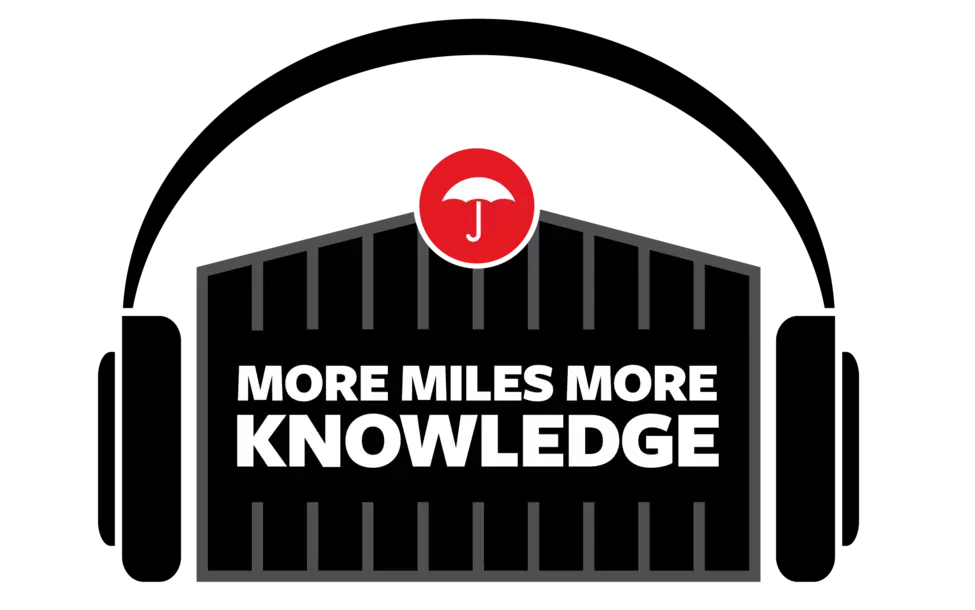
More Miles, More Knowledge
The transportation industry is continually evolving. From cargo theft trends to security best practices, have a listen and gather key takeaways on today’s most challenging issues.
Transportation Business Resources
4 Best Practices for Navigating FSMA Compliance
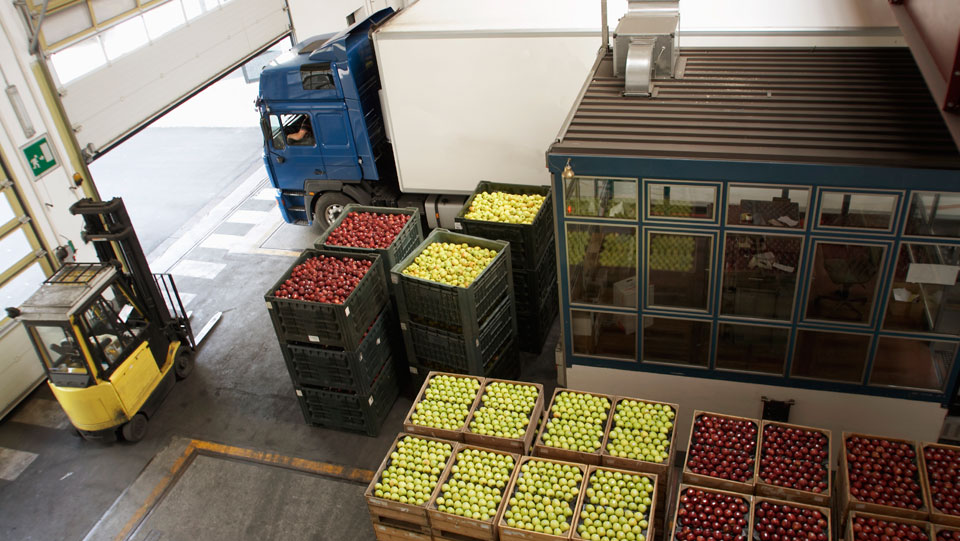
Transportation Business Resources
Cargo Theft: The What, How, Where and When
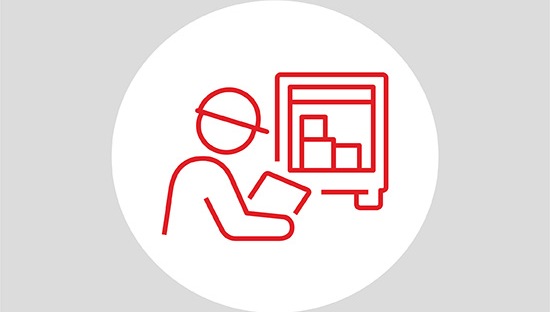
Transportation Business Resources
Cargo Theft and Broken Seals Can Be Costly to Transportation Businesses
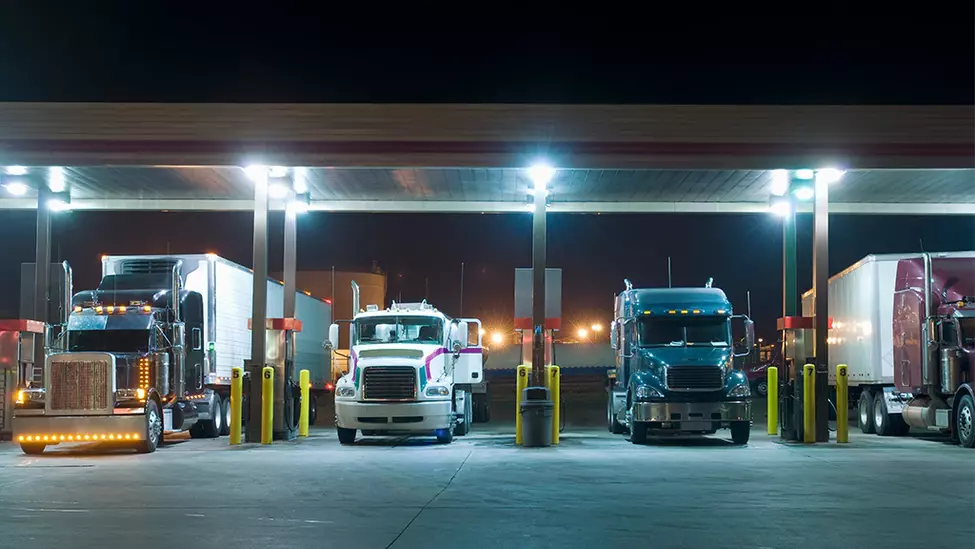
Transportation Business Resources
Transportation IoT: Opportunities and Risks
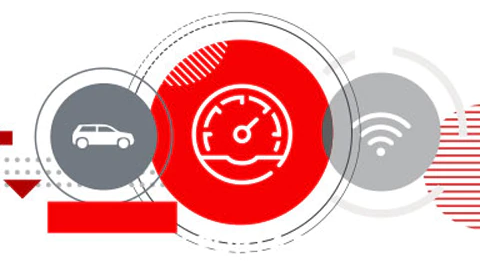
Transportation Business Resources
4 Ways Domestic Freight Brokers Can Avoid Unexpected Liability Claims
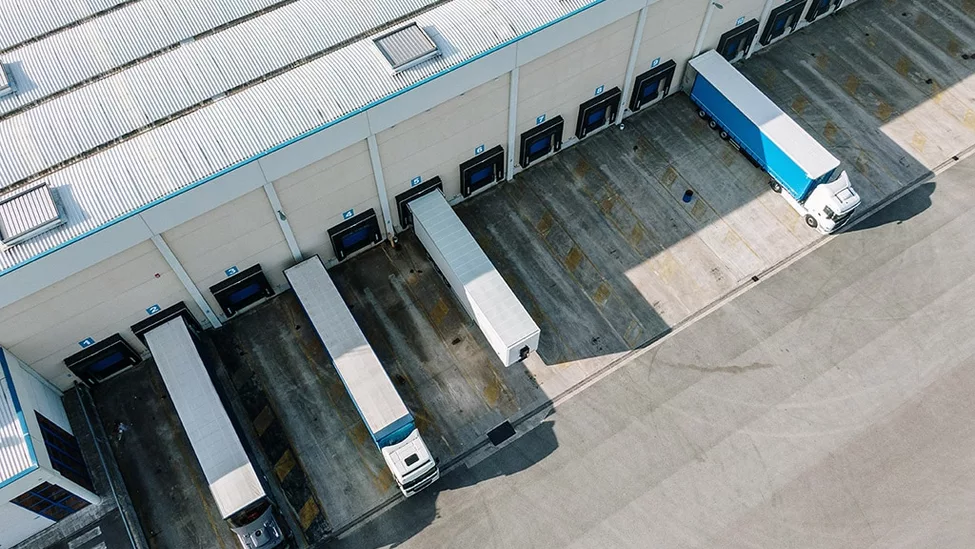
Transportation Business Resources
Managing Your Risks When Hiring Subhaulers

More Transportation Resources
Supply Chain Risk Management Resources
Life of a Piece of Cargo
There’s a lot that can happen to cargo on its journey. Protecting yourself from these cargo-related risks is key to protecting your supply chain.
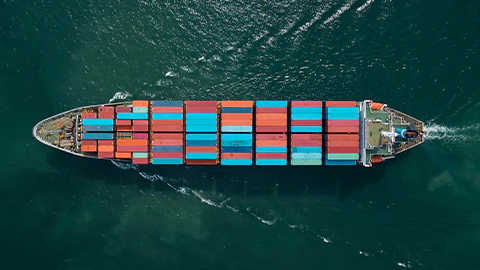
Supply Chain Risk Management Resources
Supply Chain Management Tips
Your business may be held liable for every step in your supply chain. Get tips on effective supply chain management with this infographic from Travelers.
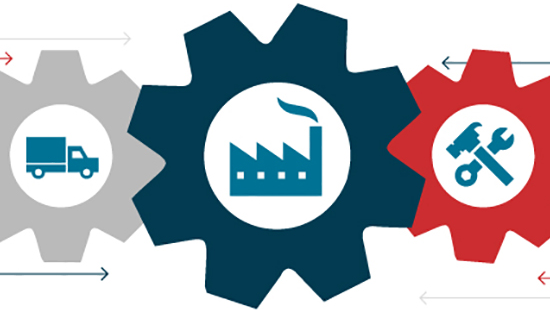
Supply Chain Risk Management Resources
The Evolution of the Freight Broker Model Brings New Risks
A new business model in the freight broker industry brings new risks as well as opportunities.
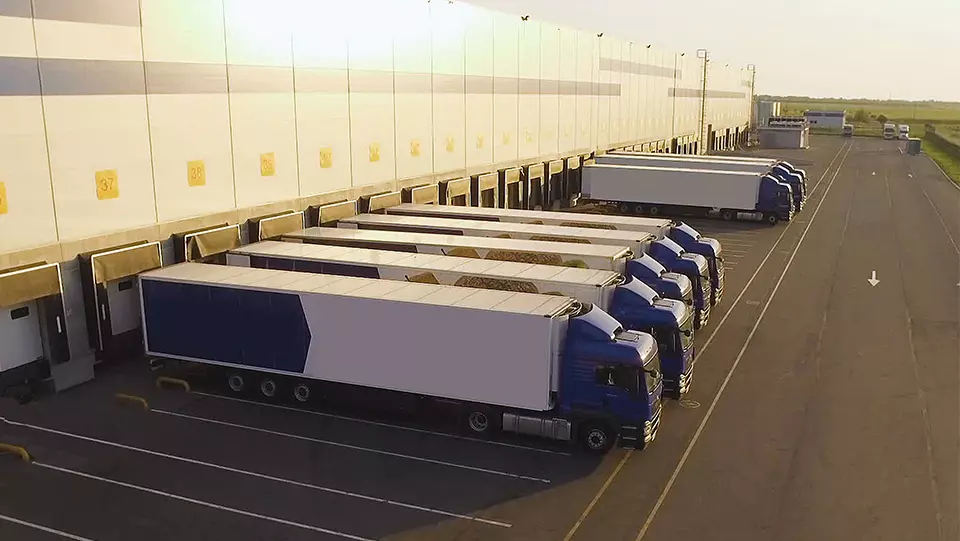
Supply Chain Risk Management Resources
Where Is Your Supply Chain the Most Vulnerable?
Compare your results to those who took the Supply Chain Pressure Test and learn about potential risks from weak links.
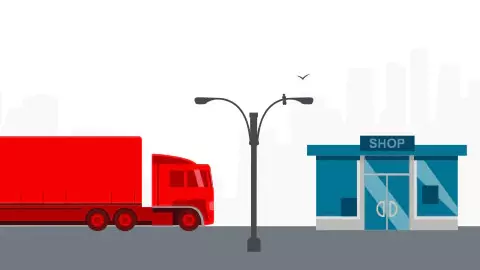
Supply Chain Risk Management Resources
4 Ways Freight Brokers Can Help Prevent Cargo Theft
Here are some ways that freight brokers can help prevent cargo theft, including contractual risk transfer, properly vetting carriers and recognizing potential cargo theft schemes.
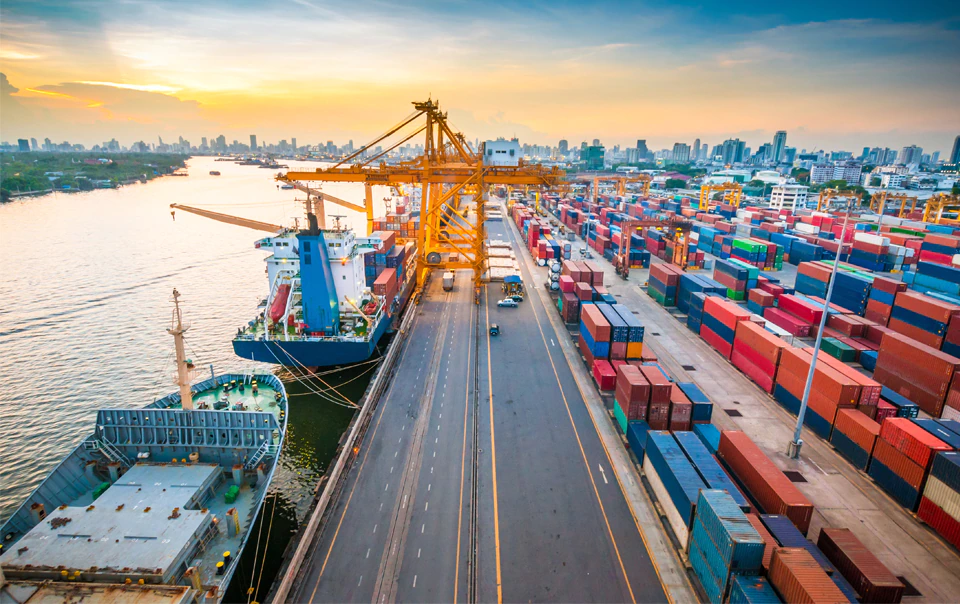
Supply Chain Risk Management Resources
5 Cargo Theft Tactics and How to Help Prevent Them
Cargo theft comes in many forms, from fictitious pickups to misdirected loads. Learn cargo theft types and tips for cargo theft prevention.

Driver & Fleet Safety
8 Elements of a Fleet Safety Program
A formal fleet safety program can help maximize fleet efficiency, enhance safety and more.

Supply Chain Risk Management Resources
Protecting Your Cargo in Transit
Taking steps to protect cargo can help prevent business interruptions. Learn about inspecting, securing and receiving cargo.
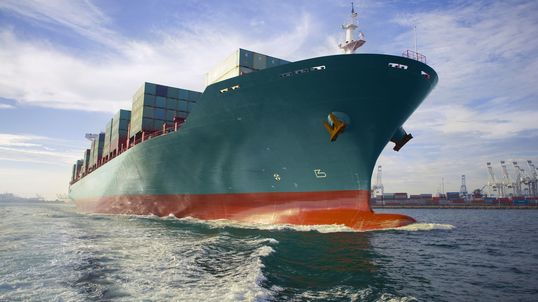
Related products & services
Transportation insurance
From vehicles to cargo, Travelers can help you find the right transportation coverage for today’s unique risks. A leader in insuring commercial vehicles, we provide a broad range of affordable commercial insurance coverages to help auto and trucking customers protect their business.
Special Investigations Group
Our Special Investigations Group is dedicated to theft protection and recovery, guiding clients through the adoption of procedures that harden their operations against criminal activity and assisting law enforcement on the recovery of stolen goods.
